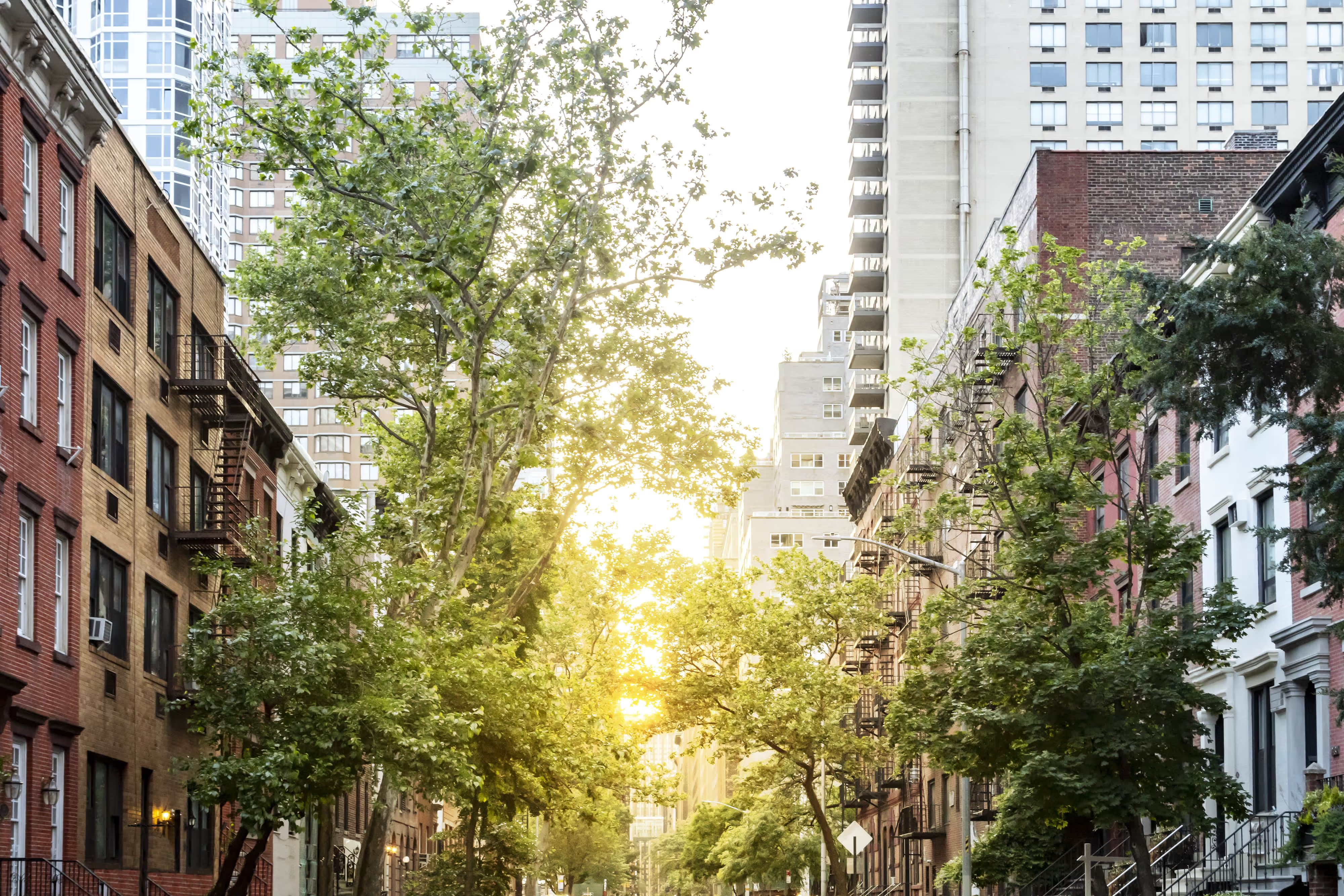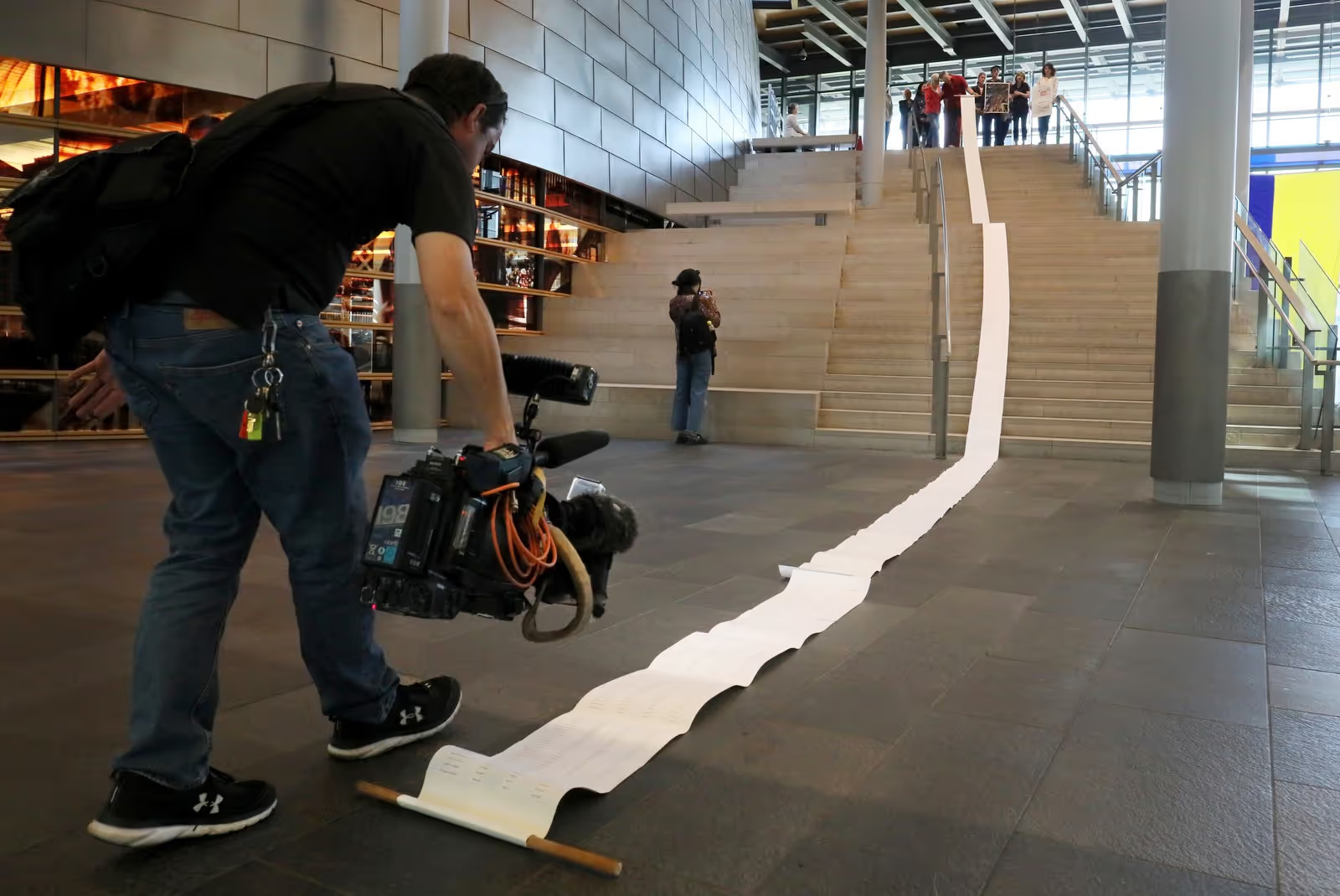
Seattle City Council, Reject or Amend the Omnibus Bill
It only makes our tree ordinance worse
(Policy wonks: feel free to check out TreePAC’s detailed analysis on the Omnibus bill in the above button!)
The Omnibus bill, aka CB 120823, is a bill to make small, technical and grammatical changes to Seattle’s building and tree code, and is up for a public hearing next Wednesday.
The Omnibus bill leaves the most damaging legislative pieces of Seattle’s tree ordinance intact, and even goes so far as to embolden tree removals in frontline communities where unconventional zoning exposes many neighborhoods to clearcuts when construction applications are filed.
Seattle’s current tree ordinance is damaging for many reasons:
- It allows 85-100% hardscape (pavement or building) in all multi-family zones, leaving no room for current or future nature
- It lets trees of any size be removed if a property is undergoing construction
- It prevents city planners from requesting small design changes to save trees
Even in its limited scope, the Omnibus bill either reinforces the status quo or makes the current ordinance worse:
- The Omnibus bill reinforces the "Basic Tree Protection Area" definition of the code, which mandates an extremely large circle around any tree to be retained where nothing can be built. The code doesn’t allow for any changes to this tree protection area. Although this requirement sounds positive, when construction companies cannot meet “Basic Tree Protection Area” requirements, they are allowed to fully remove a tree. By making the tree protection area so large, no project to date has been able to meet the requirement.
- The Omnibus bill reinforces the stripping of tree protection for all trees in Environmentally Critical Areas (ECAs). Counterintuitively, there are no requirements to save trees in ECAs; in fact, trees have more protection by not being in an ECA. Trees in ECAs should have more protection than Seattle's other trees, not less.
- The Omnibus bill excludes 22 of Seattle's 27 Land Use Zones from any tree protection at all during construction. The bill states that "in all other zones (Tree Action Seattle note: all other than the 5 named) all trees may be removed when development is proposed." This wording excludes neighborhoods like South Park from any tree protection at all, because South Park has 75% Residential Small Lot zoning, which is not one of the five. Even if trees are guaranteed to be removed in 22 land use zones, there should at least be replacements or in-lieu fees required so some can be replanted.
Last year, when the tree ordinance passed, then-city-councilmembers admitted they didn’t understand what its impacts would be and openly wondered if they would have regrets. They promised cleanup legislation if the bill hurt, rather than helped, protect Seattle’s trees.
The evidence is in: we’ve recorded thousands of trees being lost since its passage, a much faster rate than before the ordinance. The public has spoken loudly that they want climate-resilient cities that work for all residents, current and future. City councilmembers, please listen to your constituents and reject or amend this bill to support a livable city for all.



.avif)



.png)